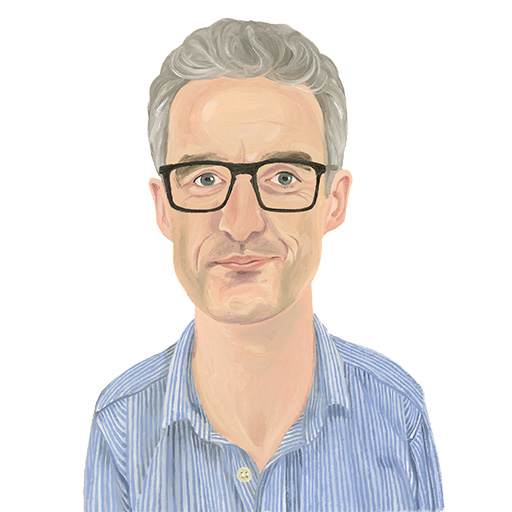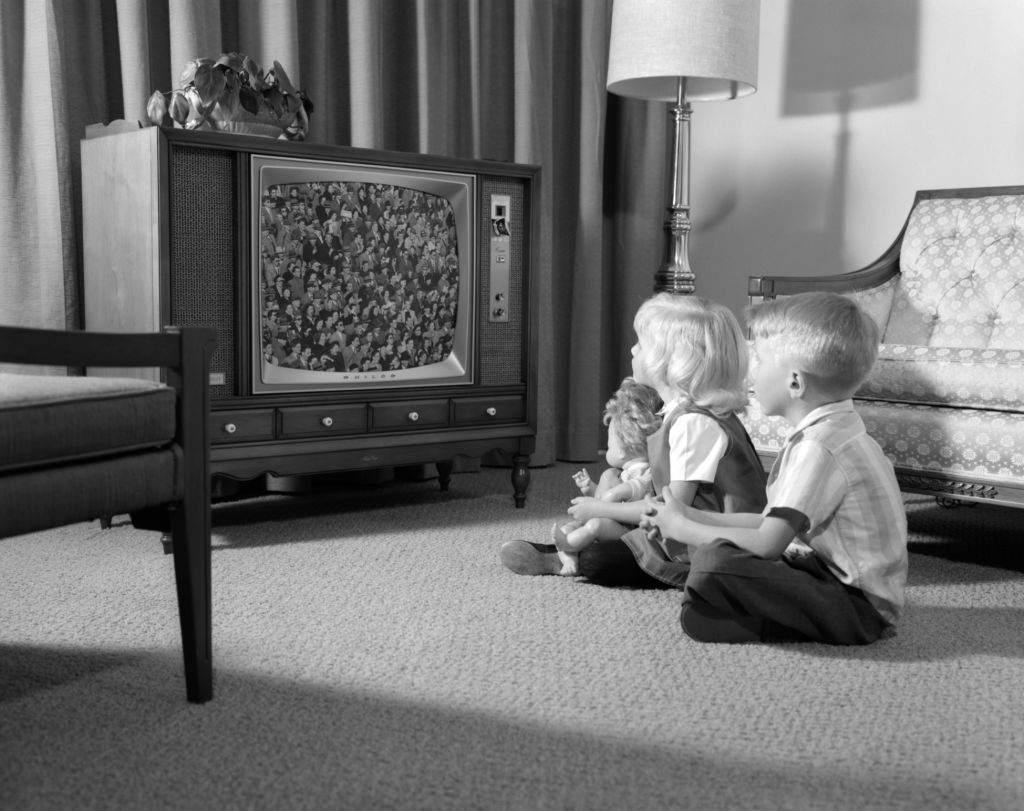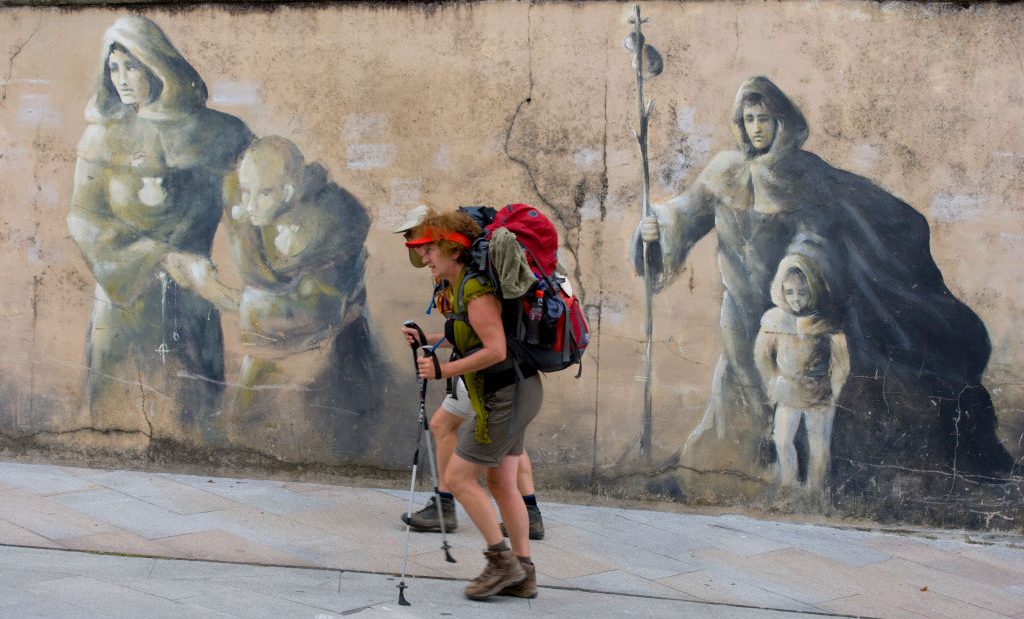“Less is more,” goes the old adage. It encapsulates the point so regularly borne out in life that simplicity is often better understood and more appreciated than complexity, while the likes of brevity in communication is more effective than verbosity.
But nowadays this “slimming down” concept is being applied to all the ways EU citizens live their lives, with the European Union embracing a continental-wide application of the “Marie Kondo Effect”.
The Japanese home-organising guru’s efforts to spur us to reduce our “clutter”, fold our underwear and tidy up our drawers, closets and desk spaces is now intruding nefariously into every realm of existence.
Two of the starkest examples are found at each end of the spectrum of life, with the argument gaining ground that having children is “not good” for the environment, while euthanasia is becoming politically more acceptable and even occurring in Canada to, arguably, put down the homeless and mentally ill.
Environmental concerns are legitimate and necessary but the EU’s green policies being so rigorously pushed will shrink your reach and freedom of movement and basically force you to do less.
Be under no illusions: there was a very effective trial run during the Covid-19 pandemic. It may not have been intentional, but lockdowns and accompanying limitations showed the authorities (and activists) that a surprising number of people are content with doing less.
As long as people had a few key desires satisfied – often involving Netflix, online deliveries with a bit of OnlyFans on the side for titillation – many seemed to find the less cluttered period fulfilling, as the UK’s Guardian newspaper appeared determined to argue during the pandemic on an almost weekly basis.
Now we are into the next phase, it appears – and the EU is not shy about linking the pandemic and its green policy, touting how “the recovery from the pandemic will put us onto a sustainable path”.
It’s all about carbon offsetting and carbon budgets. The EU green deal is set on making Europe the “first climate-neutral continent” by 2050, with “no net emissions of greenhouse gases”. For this to happen, EU institutions are pushing for you to drive less, fly less and even eat less dairy and meat.
Various economists believe that “degrowth” offers the solution to current economic troubles, seeing the “shrinking” of economies “as one of the key ‘green economy’ approaches”. It’s an idea the European Commission seems open to – it gave researchers €10 million to explore the exciting “degrowth” possibilities.
While the debate on de-industrialisation in Europe is raging, the European Commission is pumping bags of cash into research exploring regrowth and the “planned economy”. https://t.co/QQbG7fGNN5
— Brussels Signal (@brusselssignal) August 15, 2023
That is the physical side to enshrining “less” in our lives. But there is also the conceptual, intangible side of human existence being lessoned, with freedom of speech getting hemmed in by an expansion of so-called hate-speech laws, while freedom of religion and conscious are also being curtailed to a degree unknown in the EU’s history. The simplistic “less is more” bias surrounding the abortion debate straddles both the physical and the emotive realms.
Europe has avoided such a polarised debate on the issue of abortion as the US has experienced – but it may gradually be becoming more like the US on this issue than many of us would like to imagine, writes @jrfjeffrey. https://t.co/yCIomjtzxF
— Brussels Signal (@brusselssignal) June 20, 2023
Having done a fantastic job of terrifying older generations during the pandemic, now the doom-laden narratives of “existential threats” are focused on the planet to freak out younger generations who are more vulnerable and easily influenced. On top of which they are already feeling a bit rattled having had to go through being masked during the pandemic and having their educations and formative years stymied.
Not within living memory has the State done such a thorough job of crushing the spirit of the young, leaving them “hollowed out” by the experience, according to Ellen Townsend, a professor of psychology at the University of Nottingham – nor been so abject at accepting responsibility.
Following the release of an EU Parliament special committee report on Covid-19, those hoping for a candid discussion about how lockdown policies were implemented across the bloc are going to be disappointed, writes @jrfjeffrey. https://t.co/sMkoW2FSWV
— Brussels Signal (@brusselssignal) June 16, 2023
The devastating consequences are only starting to play out. You know it’s not good when even bar owners in free-wheeling, alternative Berlin are saying they can’t let in 18 year olds due to the weird and anti-social behaviour on display.
At the same time, the line between education and indoctrination appears to be getting thinner as young children are exposed to gender identity indoctrination, while the removal of female body parts is increasingly championed based on the absurdist logic of less female is more.
The European Commission has refused to define the word “woman” despite a formal request to do so from an MEP. https://t.co/hRriqE8UHn
— Brussels Signal (@brusselssignal) August 14, 2023
People are gradually waking up – in the positive sense of woke – to the lessening dynamic that is taking the quality of their lives down with it. The German government’s efforts to eliminate all oil and gas-based heating systems in the country and replace them with electric heat-pumps has caused a “major uproar in German politics” due to the costs to homeowners.
Instead of learning from past mistakes, both the Left and conservative Right are digging in their heels in almost hysterical opposition to the AfD, writes @Raphfel. https://t.co/wBrrkPc2tM
— Brussels Signal (@brusselssignal) August 2, 2023
But set against public resistance is a vast amount of momentum, money and vested interests behind Big Green Brother.
One of the finest examples of the perils of “less is more” philosophy is E. M. Forster’s short science fiction story The Machine Stops, in which humankind lives an atomised existence underground in “pods”, with travel and social interaction viewed as wild, dangerous pursuits. Every aspect of life is experienced remotely through gadgets and gizmos that are linked to a master Machine.
In addition to Forster’s prescience about our increasingly problematic relationship with technology, he also “foresaw the modern obsession with ‘safetyism’, with avoiding risk, even of a relatively mild kind, in favour of accepting mere existence over living as such,” says Oliver Tearle, a professor at Loughborough University. “Individuality, human touch, face-to-face interaction, are all viewed as not only alien but actively harmful.”
Sound familiar? (Hint: Stay Home to Protect Others.)
Bear that in mind as you consider what the EU’s rule makers deem as harmful and in need of limiting and lessening. Where might the legislators turn to next? Nearly 20 per cent of the human body is made up of carbon. Is that too much?






Has Brexit made UK more ‘woke’ than rest of Europe?